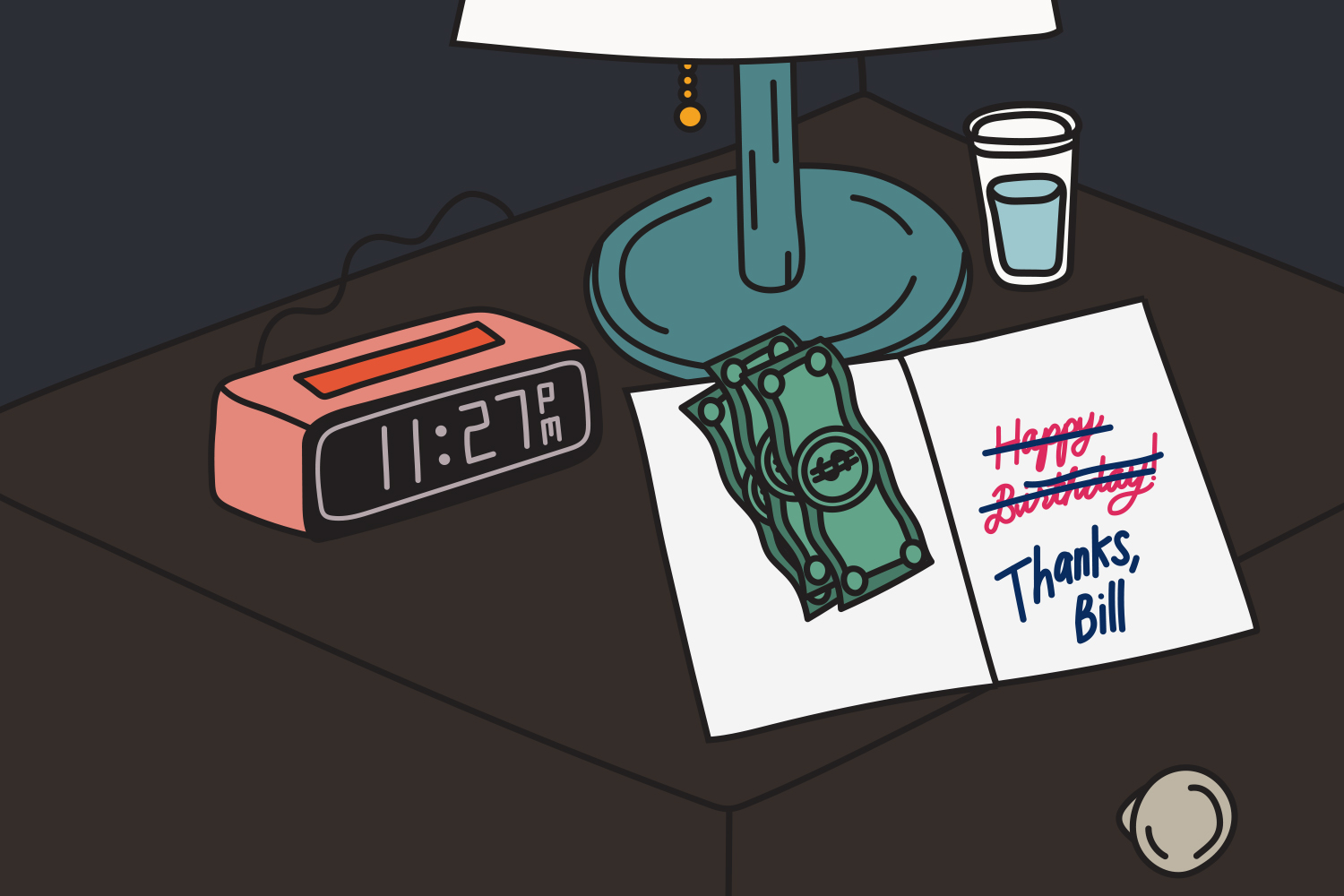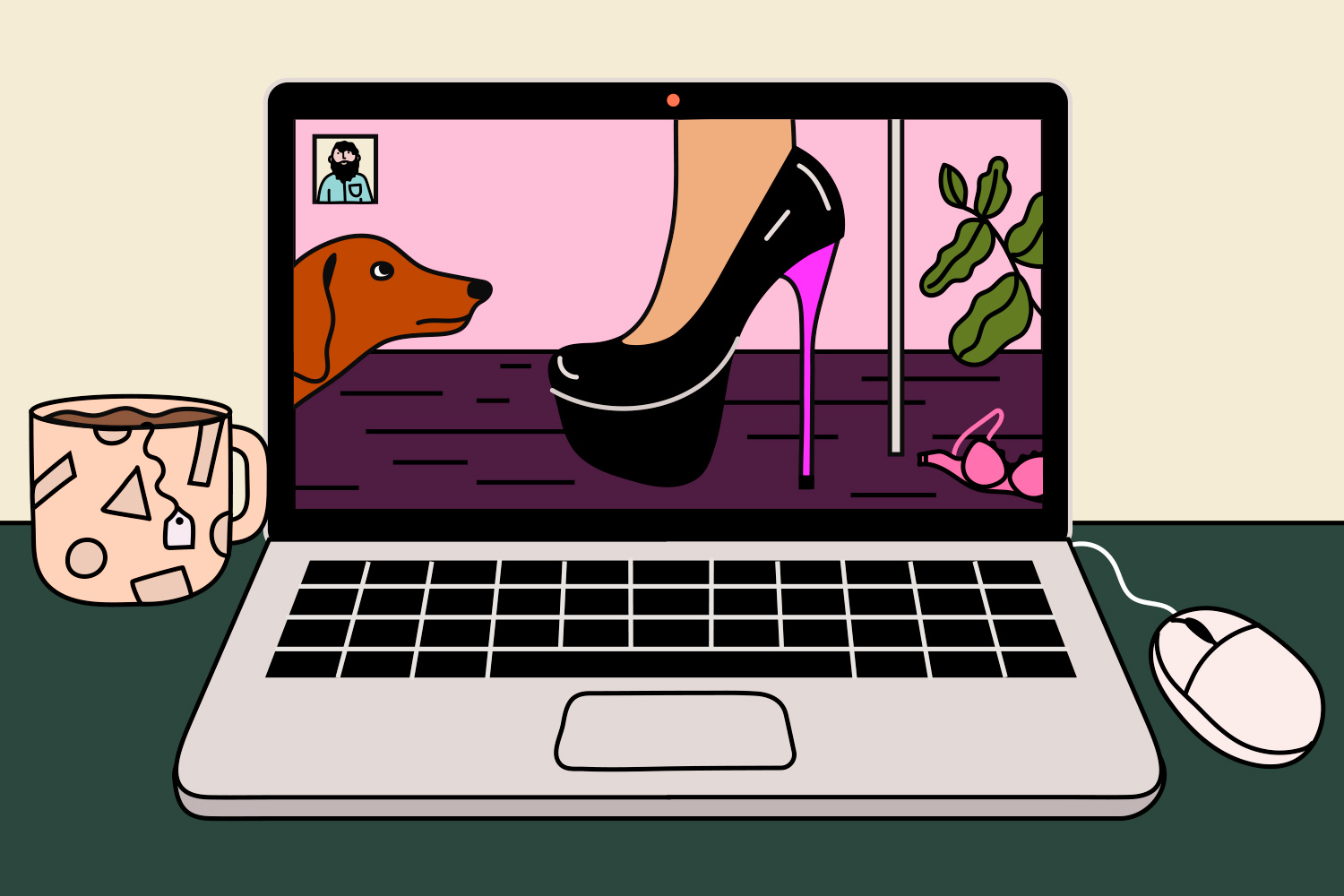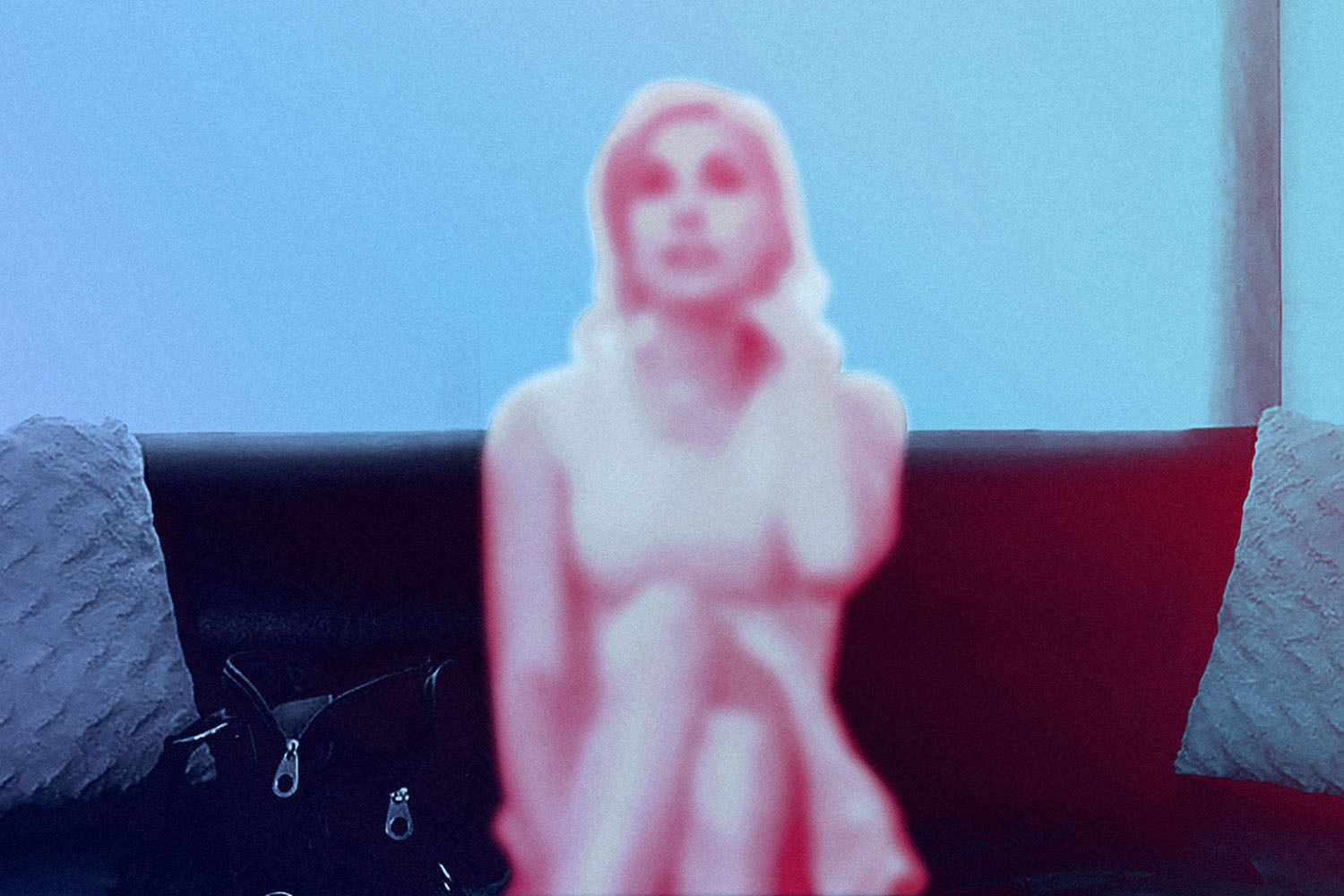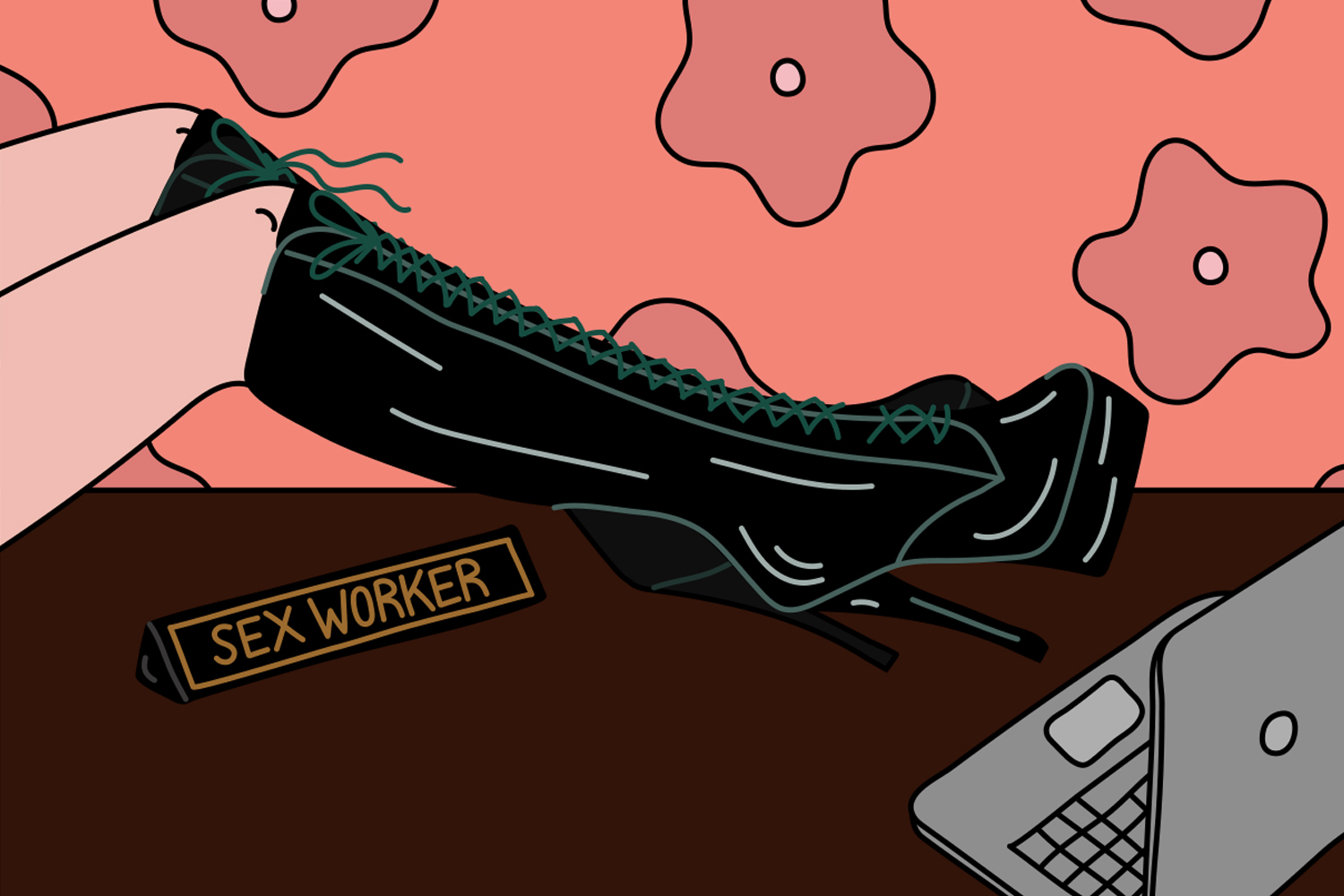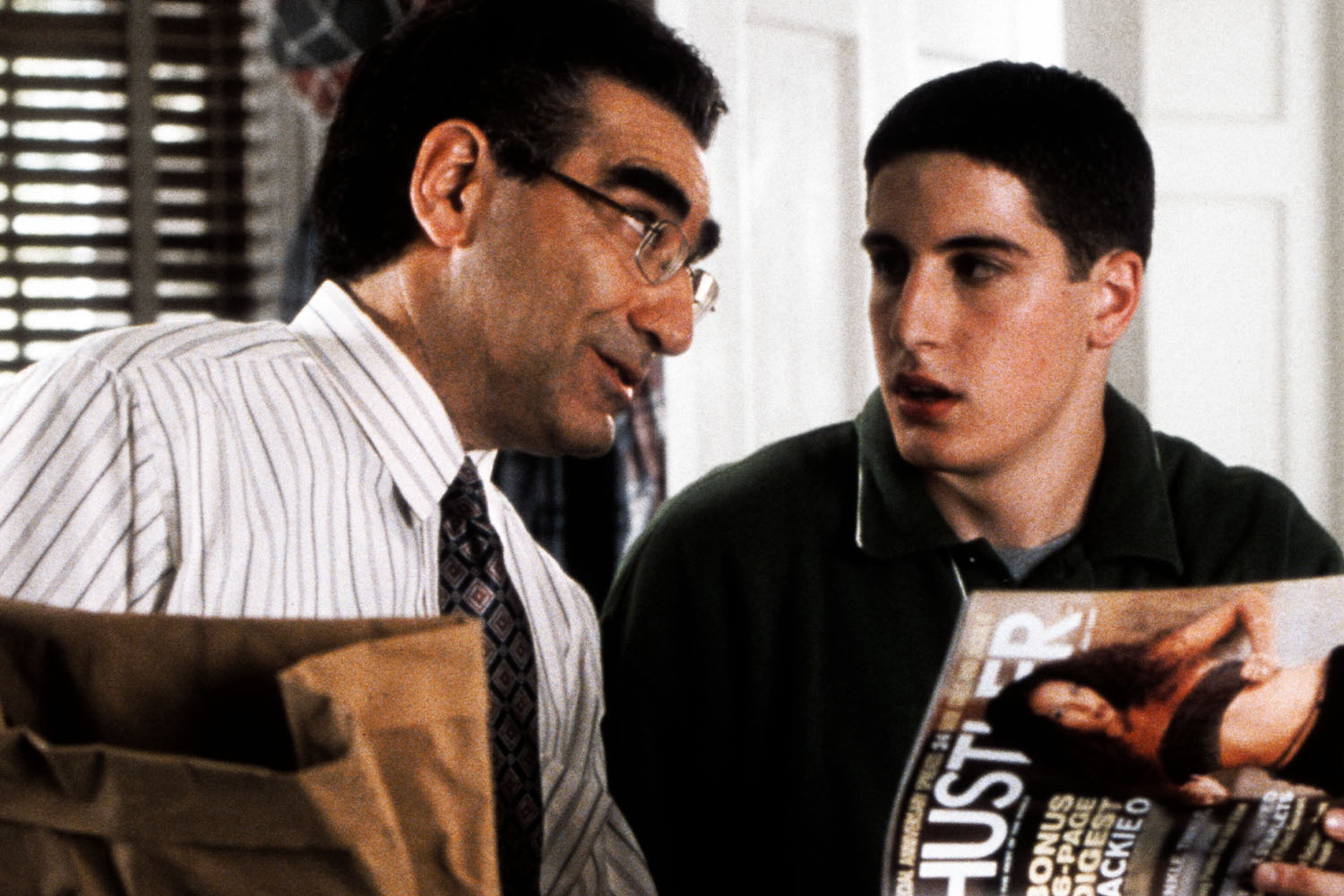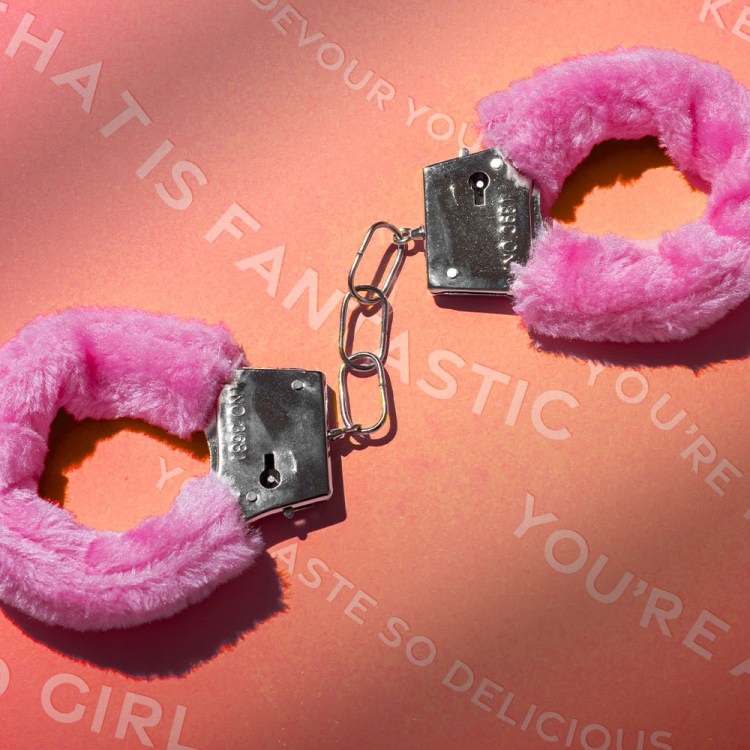A few weeks ago, comedian Anya Volz had the distinct yet relatable misfortune of revisiting some of her favorite films from the early aughts, only to discover that they are, in fact, pretty problematic.
“Trying to enjoy the comedies I grew up watching while now seeing how incredibly racist, homophobic, sexist, whorephobic and ableist they all were,” Volz wrote in a tweet accompanied by an old photo of Britney Spears flashing a pained grin paired with an unmistakable look of terror in her eyes on some red carpet years ago, probably around the same time many of those problematic jokes from Volz’s favorite early-21st-century comedies were being drafted.
In a subsequent tweet, Volz noted that she’d mistakenly left out “transphobic,” which, she added, was perhaps a more prevalent offense “than all the other things combined!” But it wasn’t Volz’s belated nod to transphobia that got most people’s attention. Rather, her mentions filled with replies from users puzzling or chuckling over the term “whorephobic,” including one — who, it feels worth noting, currently goes by the name “Shit Balls” on Twitter — who insisted that “Whorephobic is not a thing.”
As it turns out, however, “whorephobic” is, in fact, a thing — one you should probably be aware of, especially as the sex workers’ rights movement continues to gain traction and conversations surrounding sex work and sex workers increasingly enter mainstream conversations. This was something Volz was eventually forced to address in yet another subsequent series of tweets.
“All the people making fun of the word ‘whorephobic’ are telling on themselves as whorephobic,” Volz wrote, encouraging any similarly uninformed readers to “follow more sex workers and sex work educators.”
Like similarly constructed terms which may be more widely known — such as homophobia, transphobia or fatphobia — “whorephobia” refers to fear, hatred of or prejudice against sex workers, though the term can also be used interchangeably with words like “slut-shaming” to refer more broadly to prejudice against any sexually liberated person, notes polyamorous educator Tiana GlittersaurusRex, co-founder of the The Sex Work Survival Guide, a nonprofit organization advocating for the rights and safety of sex workers.
“Whorephobia refers to the fear or shaming of sexual[ly] liberated individuals, or more specifically sex workers,” says GlittersaurusRex. And like homophobia, transphobia, etc., whorephobia is deeply internalized within individuals and society as a whole, and its effects can be found in everything from censorship and discrimination against sex workers by banks and vendors, to opinions like, “I would never date a girl with an OnlyFans,” she adds.
In its most basic and often most aggressive form, whorephobia can be seen in marginalization of sex workers, whose profession and very identity remain illegal in many places. Whorephobia is what keeps sex work illegal and leaves its practitioners’ lives and livelihoods in danger. As Thierry Schaffauser wrote for the Guardian back in 2010, “In its most violent form, whorephobia kills.”
But as GlittersaurusRex notes, while whorephobia “is one of the main reasons sex workers are always at risk,” the behaviors that define it go far beyond a lack of legal recognition. Like many other forms of prejudice, whorephobia is baked into nearly every aspect of modern society — including, as Volz found out, mainstream entertainment.
“If a sex worker is the butt of a joke, the joke is whorephobic,” Volz continued in her Twitter thread. “If the joke is that prostution is inherently demeaning or that strippers have daddy issues or that doing porn means you’re stupid and have no self respect, the joke is whorephobic. Educate yourselves.”
Whorephobia is so insidious and deeply baked into our collective consciousness that one needn’t even actually be a sex worker to become a victim of whorephobic jokes, violence or prejudice. “Women getting called whores when they like sex, facing the stigma that if you sleep with a certain number of people you’re not marriage material or a female exec getting fired after nudes were leaked without consent” are all examples of whorephobia that non-sex workers, particularly women, face in everyday life, says GlittersaurusRex. In fact, the very use of the word “whore” as a slur to shame a sexually active woman simply for being sexually active — even if she’s not a sex worker — is a direct example of whorephobia at work. The implication there is, of course, that sex work and those who practice it are inherently bad or evil, something any woman on the receiving end of that insult has almost inevitably internalized from a young age.
“Women are brought up to think of sex workers as ‘bad women.’ It prevents them from copying and taking advantage of the freedoms sex workers fight for,” wrote Schaffauser. “Whorephobia operates as a way of controlling and policing women’s behavior, just as homophobia does for men.”
As it happens, the widespread use of the word “whore” as an insult may actually be part of the reason many people were confused by Volz’s use of the term “whorephobic.” Those who are accustomed to hearing the word “whore” as a pejorative may be puzzled to encounter a slur within more progressive vocabulary. Indeed, it’s worth noting that at least one reply to Volz’s tweet suggested the use of “anti-sex work” rather than “whorephobic,” out of concerns that some sex workers may have an aversion to a “word using an active slur that hasn’t yet been wholly reclaimed.”
However, as GlittersaurusRex points out, “A stigmatized group reclaiming a word used formerly against them is nothing new,” citing other recently reclaimed terms like “queer” and “bitch.”
“Recently, folks have been reclaiming ‘whore,’” she explains, adding that this reclamation isn’t just limited to the sex work community, but also extends to non-sex workers who have had the slur weaponized against them in an attempt to shame (mostly female) sexuality.
Of course, as GlittersaurusRex notes, just because a word has been reclaimed doesn’t mean it can’t still be weaponized, or even cause unintentional offense. Not all sex workers are comfortable with the word, and “even if you mean it in an empowering way, if your recipient doesn’t like you referring to them with that moniker, then obviously that boundary should be respected.”
In general, however, “whorephobia” is currently an accepted — and necessary — term used to describe fear or hatred of sex workers, and the many, many ways those internalized mentalities manifest in everyday life. While it would be quite a charmed world if, as “Shit Balls” argued, whorephobia was, in fact, “not a thing,” the unfortunate truth is that whorephobia is a very real thing indeed, and it doesn’t just affect sex workers. Whorephobia remains a real and ubiquitous aspect of society. Regardless of your relationship to sex work or sex workers, you’ve most likely both encountered and perpetuated whorephobia at some time or other. It’s real; it’s dangerous; it kills. You should know what it is.
This article was featured in the InsideHook newsletter. Sign up now.

